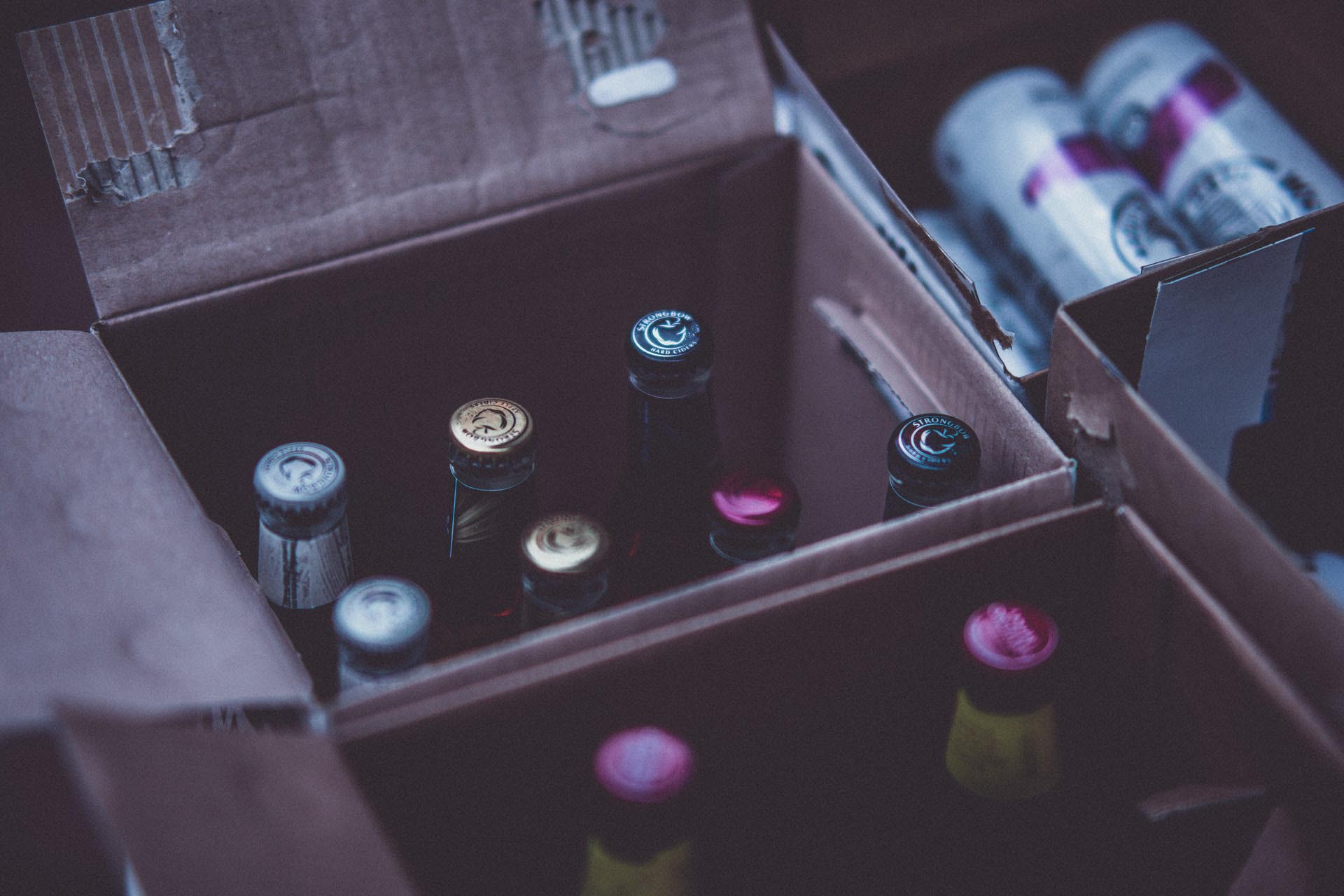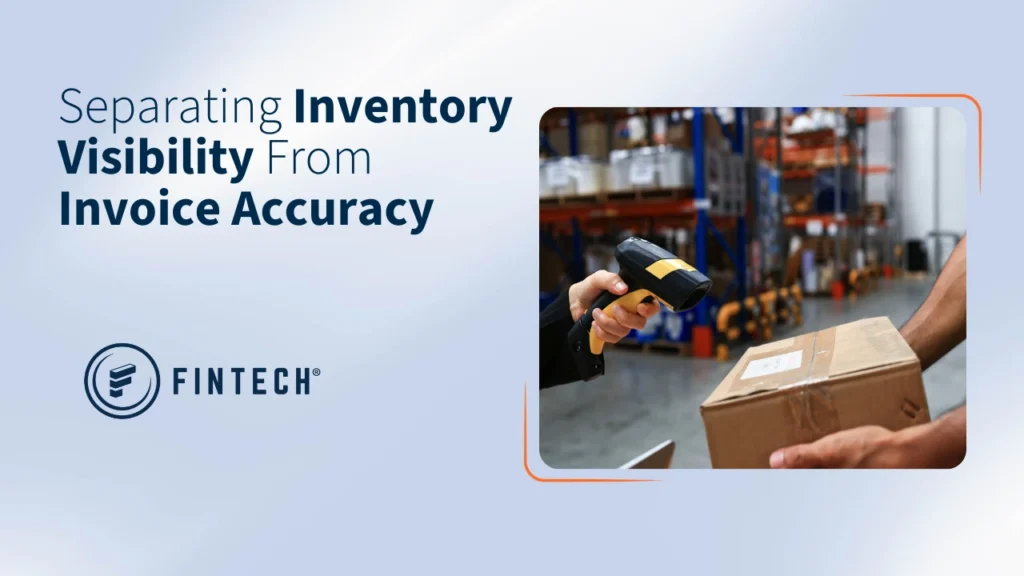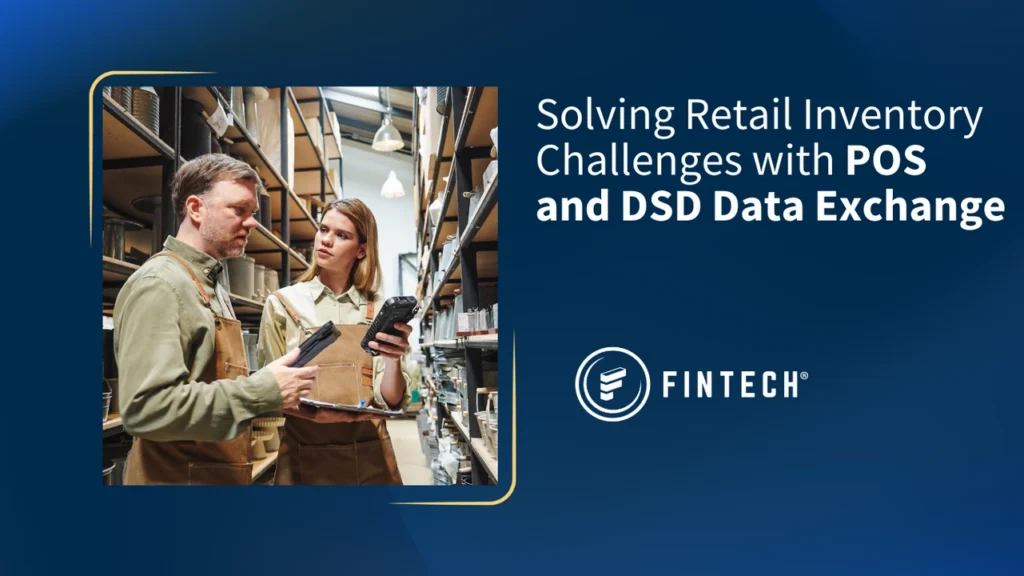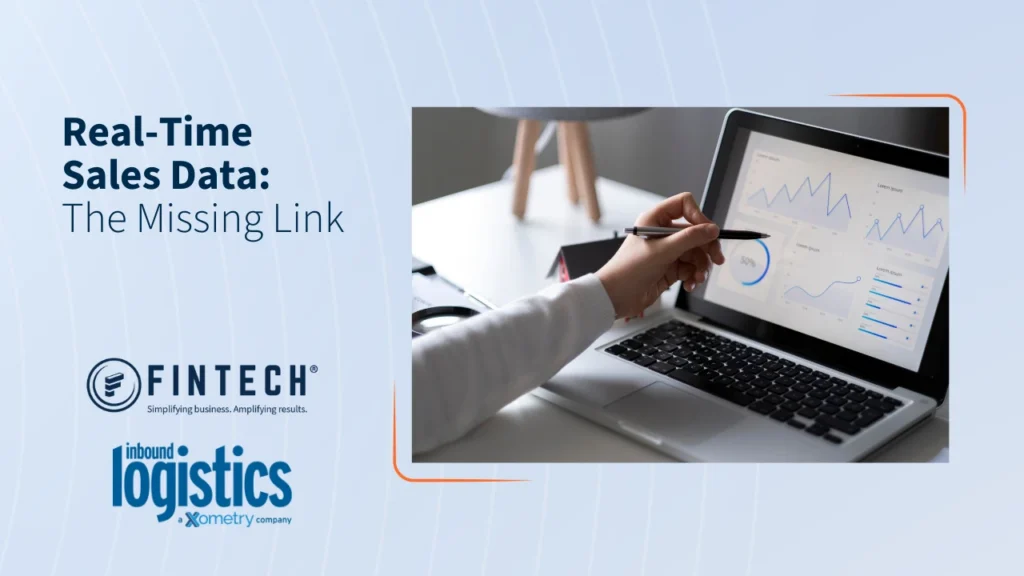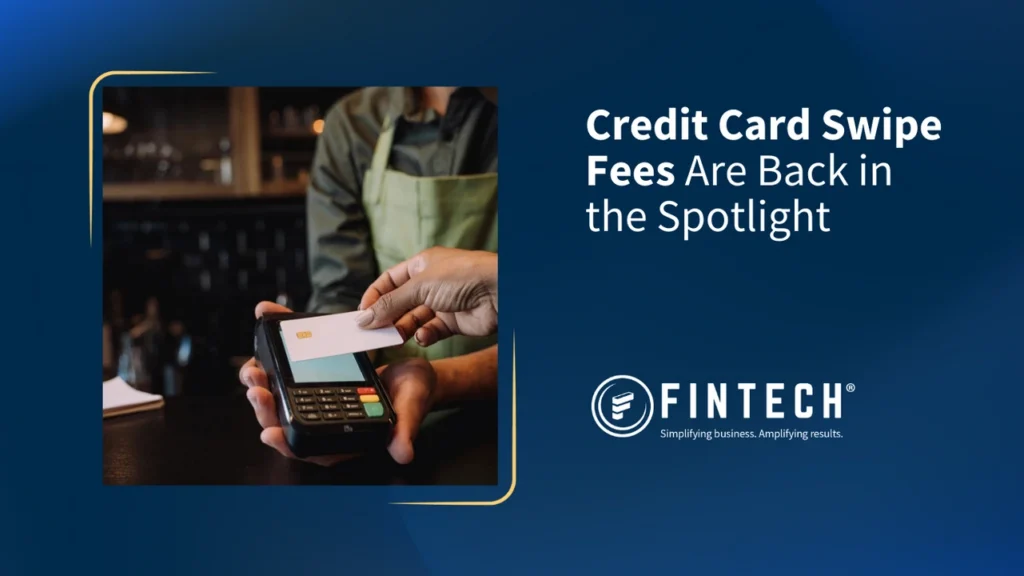How the year of COVID changed not just the alcohol industry but the whole world.
One year ago, our world changed. We quickly went from hearing snippets on the news about a Coronavirus in China and a few cases in the United States to news conferences with Dr. Fauci and Dr. Birx forecasting between 100,000 to 200,000 deaths from the virus in our own country. Every business was forced to make decisions not even contemplated a week earlier, the most serious being “do we close or stay open?” States began issuing mandates for on-premise locations to close. Sports were shut down with the NBA, WNBA, NCAA, PGA, and others pulling the plug on all games. We couldn’t turn on the news without hearing more bad news.
At Fintech, we faced similar hurdles. With a diligent focus on the safety of our Fintechers, clients, partners, and community, we made the decision quickly to close our office and allow our teams to work from home, but this introduced new challenges. Prior to this week a year ago, most of us had never heard of Zoom or worked on Microsoft Teams. And, since schools closed, employees faced the daunting task of not only working from home for the first time but working while homeschooling their children. Like thousands of other businesses, we were determined to find solutions that allowed us to continue supporting our clients, employees, and partners.
As we adjusted our own business strategy, we paid close attention to the guidelines and restrictions that would impact the alcohol industry. While the now common masks we all wear were not yet mentioned, there was a focus on maintaining sanitization. The doctors we watched on the television spoke at length about washing our hands, not touching our faces, and quarantining to prevent the spread of this deadly virus. Almost instantly, a new term came to light that will likely continue shaping our world for years to come: “social distancing.” The business challenges were real, and the numbers don’t lie. As the largest payment processor for alcohol invoices, Fintech processed just north of 400,000 invoices the last week of March 2020 (compared to more than 650,000 invoices in the last week of February) when the restaurants, bars, hotels, and other on-premise locations were forced to close.
Long before “social distancing” became a well-known term, Fintech afforded alcohol distributors and retailers the ability to process invoice payments electronically, rather than passing physical checks, cash, or money orders. Our distributor partners quickly realized the necessity for touch-free payments and began working with us to enroll more, if not all of their alcohol retailers. Whether the retailers were experiencing the off-premise “pantry rush” or facing temporary closures, Fintech had a payment option perfect for their needs. While our subscription payment solution for retailers provides them with analytics about their alcohol business, insights into their payments, electronic copies of all their invoices, integration of their invoice line items into their back-office solutions, and more, our free program is a great way for retailers to get started with a payments-only solution that brings immediate safety benefits to both parties.
Throughout the pandemic we have worked with our distributors to open both programs to more retailers, giving them the ability to process more touchless transactions than ever. Many distributors even took the opportunity to move as close as possible to 100% electronic payments. Ultimately, Fintech added more than 60,000 new Distributor EFT relationships in 2020, compared to about 34,000 in 2019. The momentum has only increased, with Fintech already adding over 17,000 DEFT relationships in Q1 of 2021. And, upgrading from the free service to our full platform has never been easier or more beneficial for our retailers.
Thankfully, the most challenging year of many of our lives is starting to pass. Shots are getting into arms and we all feel the end to this nightmare is in sight. At Fintech, our focus remains on the two areas that are the foundation of our business: providing the best service to our more than 4,200 distributors and helping our 150,000 retailer locations manage their alcohol programs safely and effectively.

